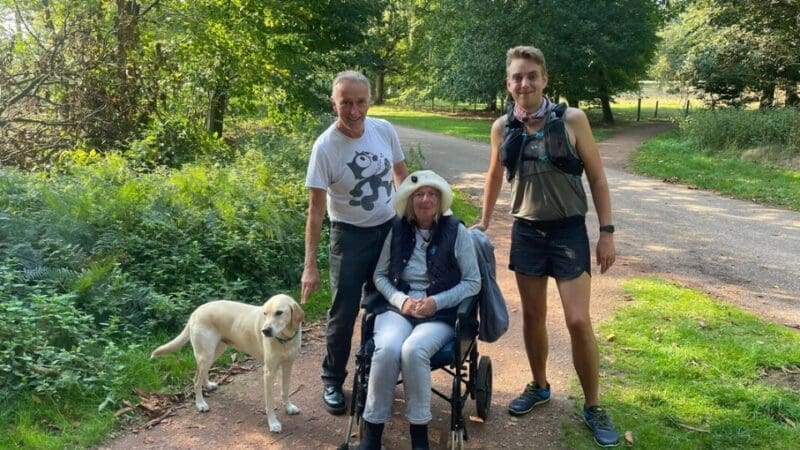It is not legally binding, but will help the people involved in your care understand and respect your views and wishes.
If you have dementia, making an Advance Care Plan is important because it may become harder to make decisions or communicate your wishes as your condition progresses.
If you are making an Advance Care Plan, try to involve close family members and friends, and your health and social care professionals.
An Advance Care Plan covers matters like:
- how you would like to be cared for, and who by
- medical treatments you do and don’t want
- where you would prefer to die
- funeral wishes and arrangements
- details of your Will
- your spiritual and cultural values and how they will be respected
- things that are important in your life now
- who you would like to be involved in making decisions if you can no longer do so. You can do this by giving them lasting power of attorney – see Sources of support, below, for more information



